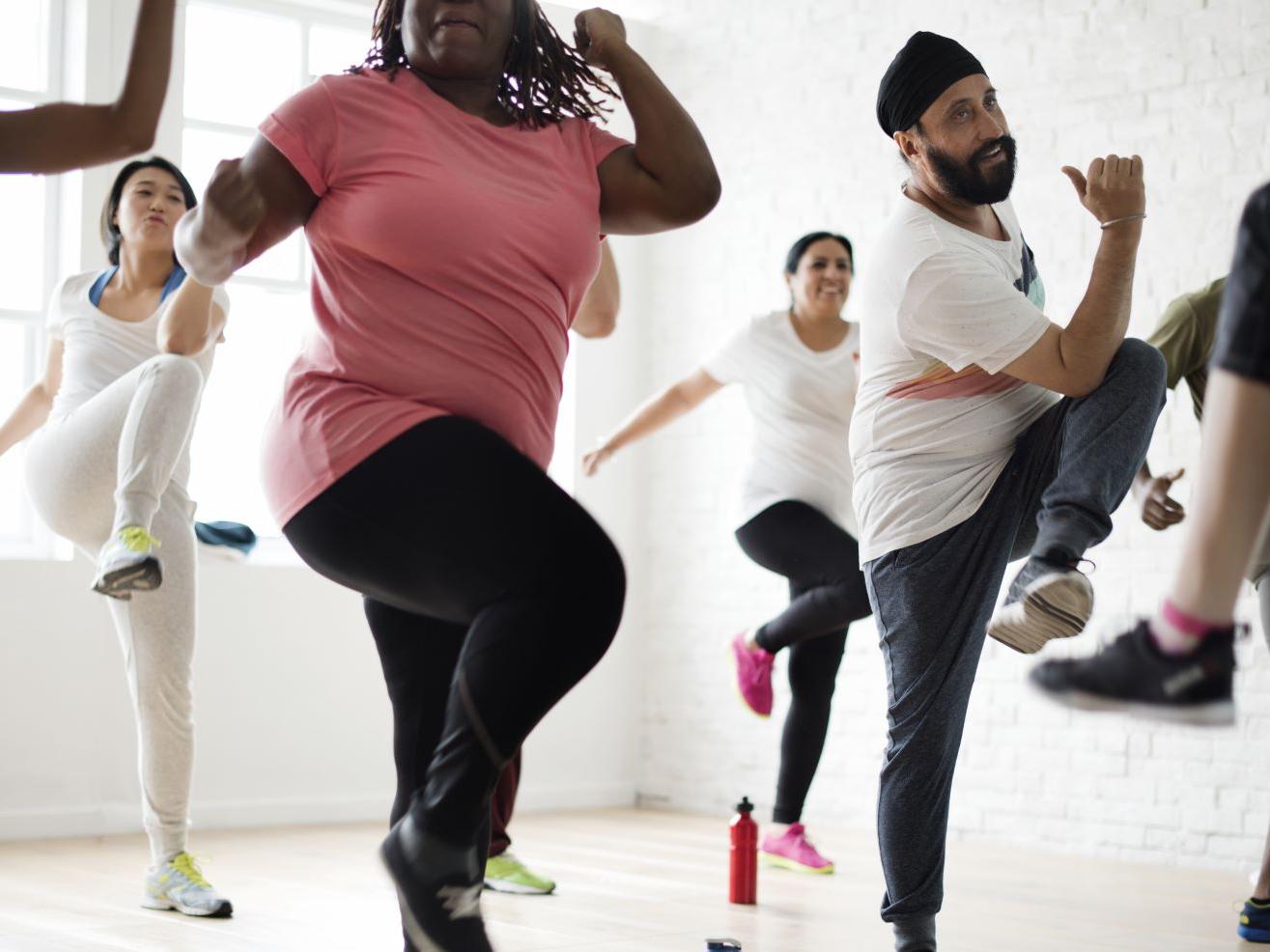Urgent action is needed to address “stark inequalities” in physical activity across the country, according to new Public Health England guidance written by University of Derby academics.

The researchers have also warned that the pandemic and a rise in obesity has also exacerbated health differences, and steps must now be taken by public bodies responsible for commissioning, designing, and delivering opportunities for participation.
In their PHE-funded report, entitled ‘Understanding and Addressing Inequalities in Physical Activity’, the authors – Jessica Jackson, Dr Clare Roscoe and Dr Niamh Mourton – recommend that public bodies which commission physical activity need to understand the complexity between the many different groups with protected characteristics - such as age, sex or ethnic group - within their local communities in order to increase activity, and to improve health and wellbeing.
Their study analysed evidence gathered from Sport England’s Active Lives Survey from 2015-2019, which had already revealed levels of inactivity rising among different community groups. They then identified, synthesised, and analysed the body of evidence which have implemented interventions which aim to engage communities with protected characteristic groups in a variety of physical activities.
The academic team also conducted qualitative study with practitioners currently delivering physical activity to communities with protected characteristics.
The recommendations include:
“What is clear from the research is a need for more meaningful consultation with communities to ensure what is being delivered is what is appropriate,” said Dr Roscoe, senior lecturer in physical activity, exercise and health at the university.
“More diverse programmes of physical activity, greater flexibility to adapt to individual needs, appropriate methods of engagement and a better understanding of the social context of individuals’ lives are all vital.
“Ultimately, the focus of designing, delivering and commissioning activity should always be on achieving outcomes which reduce inequalities.”